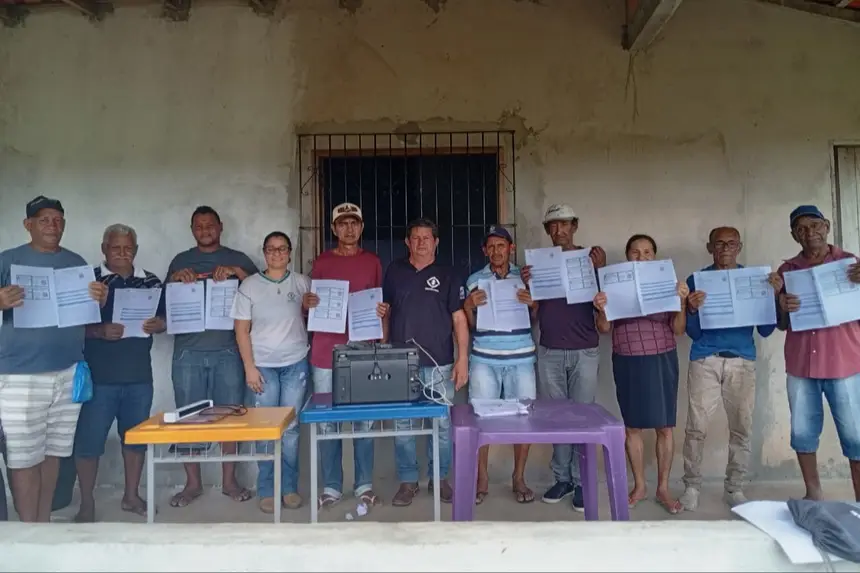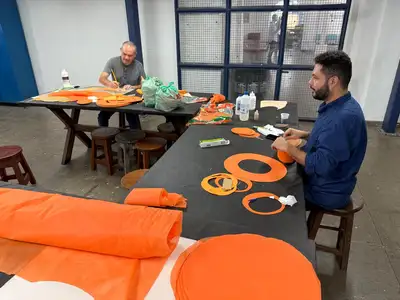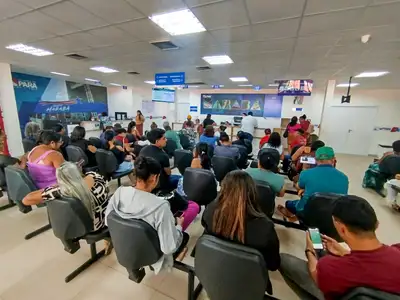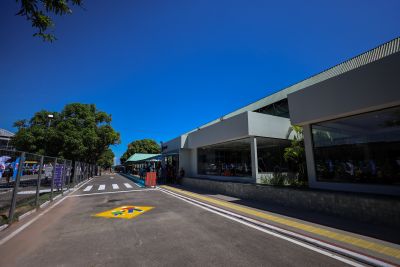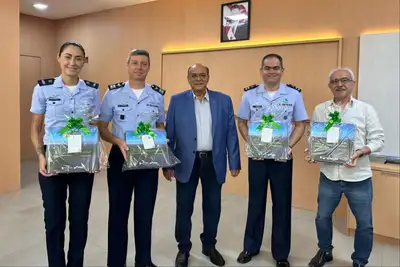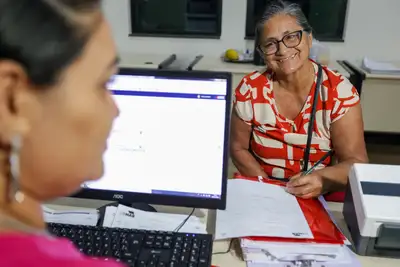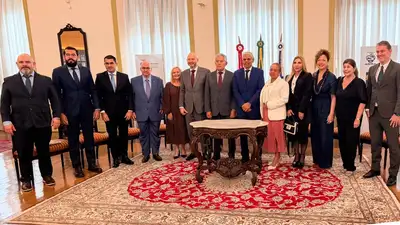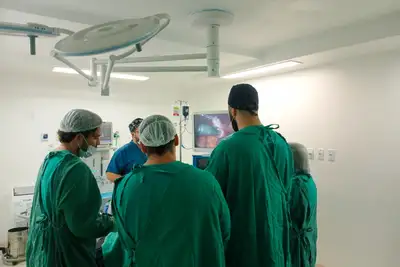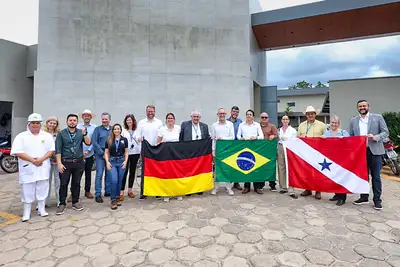With support from Emater, settlers of Mãe-do-Rio achieve credit and market access
The Technical Assistance and Rural Extension Company of Pará (Emater) contributes to access to programs such as the National School Feeding Program (Pnae)
With the support of the local office of the Technical Assistance and Rural Extension Company of Pará (Emater), settlers from the agrarian reform of Mãe-do-Rio, on the Capim River, are preparing to supply food for school meals through the National School Feeding Program (Pnae) and for social entities in the municipality through the Food Acquisition Program (PAA).
The residents of the Itabocal settlement are also being evaluated for rural credit projects under line A of the National Program for Strengthening Family Agriculture (Pronaf) and Acredita, with the Bank of the Amazon (Basa).
At least 15 families from the São Paulo do Piripindeua community in the Itabocal settlement, represented by the Association of Producers of the São Paulo do Piripindeua Community, have already received from Emater, between April and May, the National Register of Family Agriculture (Caf), a preliminary entry document for government markets. The Association also already benefits from the Register, in the legal Caf modality.
The main activities there are açaí, cowpea beans, vegetables, cassava, corn, and livestock. "The Caf, as a starting point, is the cpf [individual taxpayer registration] of the family farmer: it identifies, qualifies, registers, and values. Emater, as the only official public technical assistance and rural extension body, contributes to the effectiveness of agrarian reform policies because it participates in the forwarding of socio-productive activities and real opportunities for social inclusion, citizenship, and the promotion of dignity," expresses Jorge Luiz Medeiros, head of the local Emater office in Mãe-do-Rio, an agricultural technician.
The manager highlights the Caf as a tool for access to rights such as rural retirement and rural maternity assistance: "There are several fronts," he summarizes.
Text by Aline Miranda


